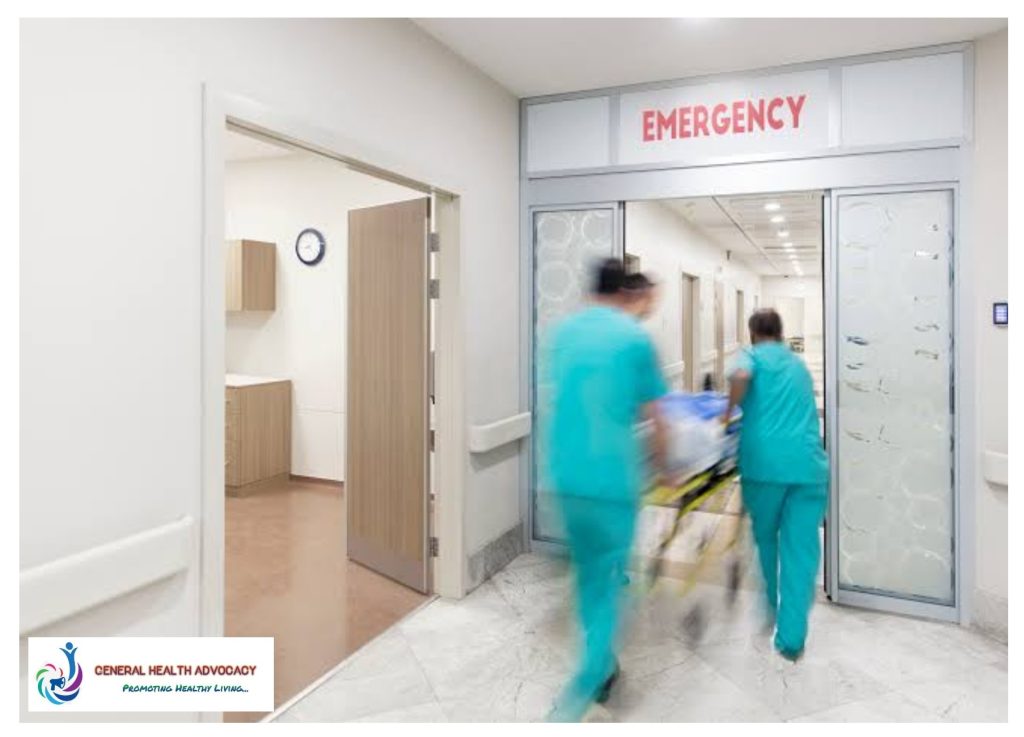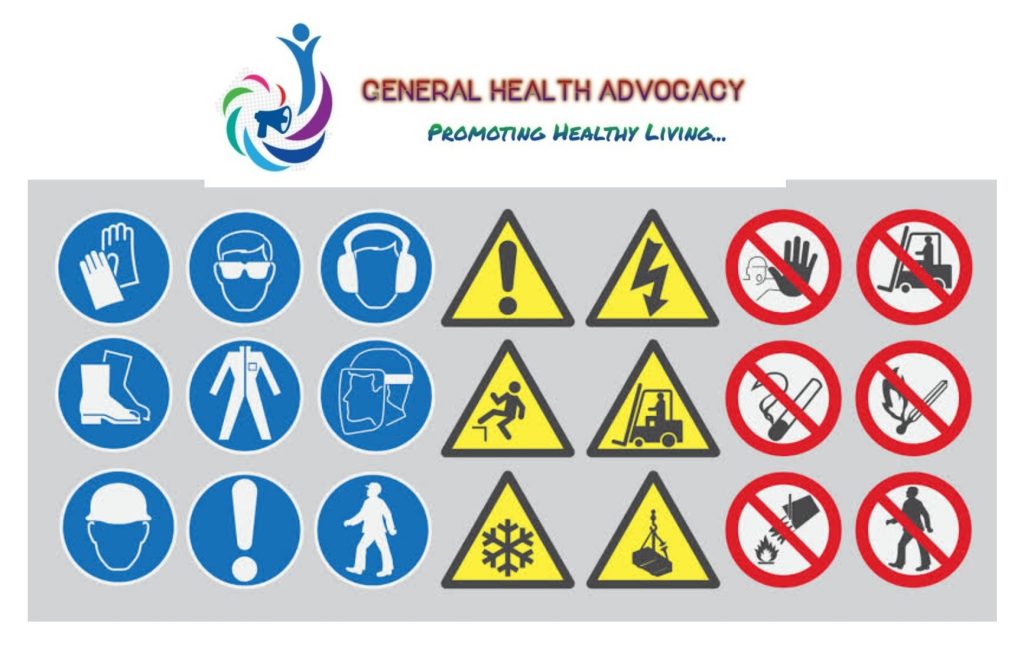Recognizing the Signs of Health Emergency: When to Seek Medical Attention

Every minute counts during a health emergency. Whether it’s a sudden onset of chest pain, difficulty breathing, or a severe injury, recognizing the signs early and seeking immediate medical attention can save lives. In this comphrensive health post, we will define what constitutes a health emergency, discuss common signs that necessitate medical attention, and emphasize the importance of seeking help promptly in such situations.
What is a Health Emergency
A health emergency refers to a situation in which immediate medical attention is required to prevent further complications, disability, or even death. These emergencies can occur suddenly or arise from underlying medical conditions. Prompt recognition and appropriate action are vital to ensure a favorable outcome.
Signs of a Health Emergency:
▪️ Chest Pain: Severe or persistent chest pain accompanied by shortness of breath, sweating, nausea, and pain radiating to the jaw, arm, or back could indicate a heart attack. This is a medical emergency and requires immediate medical attention.
▪️ Difficulty Breathing: Sudden or severe difficulty breathing, accompanied by wheezing, rapid breathing, or turning blue may suggest a respiratory emergency. This could indicate a collapsed lung, an asthma attack, or a severe allergic reaction, known as anaphylaxis. Seek medical attention immediately if you or someone around you is experiencing these symptoms.
▪️ Loss of Consciousness: If a person suddenly loses consciousness, it is crucial to call for medical help right away. Loss of consciousness can stem from various causes such as a head injury, fainting, or a seizure. Prompt medical attention is vital to determine the underlying cause and provide appropriate treatment.
▪️ Severe Bleeding: Uncontrolled bleeding, whether from a wound, injury, or internal source, requires immediate medical attention. Apply pressure to the wound while waiting for medical help. Severe bleeding can lead to shock, organ damage, or even death if not promptly addressed.
▪️ Sudden and Severe Headache: An abrupt and intense headache, often described as the “worst headache of one’s life,” can indicate a more serious underlying condition such as a brain aneurysm or a stroke. Seeking urgent medical attention is crucial to assess the situation and provide appropriate care.
▪️ Suspected Stroke: If you or someone around you experiences facial drooping, arm weakness, slurred speech, or difficulty understanding speech, it could be a sign of a stroke which requires immediate medical attention. Time is of the essence in treating strokes, as quick intervention can minimize potential brain damage and improve outcomes.
▪️ Severe Burns: Burns that are large, deep, or involve the face, hands, feet, genitals, or major joints require immediate medical attention. Chemical or electrical burns also warrant prompt medical care. While waiting for help, cool the burn with running water for at least 20 minutes.
▪️ Severe Allergic Reaction: Anaphylaxis is a severe allergic reaction that can be life-threatening. Symptoms may include difficulty breathing, swelling of the face or throat, hives, and dizziness. Immediate administration of epinephrine (if available) and emergency medical attention are essential in an anaphylactic reaction.
▪️ Suspected Broken Bones: If there is a visible deformity, severe pain, inability to move a limb, or an open fracture (bone protruding through the skin), it is crucial to seek medical help promptly. Immobilize the injured area with a splint or makeshift support to prevent further damage before reaching medical professionals.
▪️ Mental Health Crisis: If someone exhibits signs of a mental health crisis, such as expressing thoughts of self-harm or suicide, extreme agitation, hallucinations, or disorientation, it is crucial to seek immediate medical attention. Contact a mental health crisis hotline or take the individual to a hospital or mental health facility to ensure their safety and provide appropriate care.
Read Also

The Importance of Seeking Medical Attention:
Recognizing the signs of a health emergency and seeking prompt medical attention is vital for several reasons:
- Timely Intervention: Many health emergencies require immediate medical intervention to prevent further complications or even loss of life. Delayed treatment can worsen the condition and reduce the chances of a successful outcome.
- Proper Diagnosis: Medical professionals can accurately diagnose the underlying cause of the emergency and provide appropriate treatment. This is especially crucial in cases such as heart attacks, strokes, and severe allergic reactions, where quick intervention can significantly improve the patient’s prognosis.
- Preventing Further Damage: By seeking medical attention promptly, we can prevent further damage to vital organs, tissues, or systems. Immediate care can help minimize complications, disability, and long-term health issues.
- Access to Specialized Care: Health emergencies often require specialized medical care that is only available in hospitals or emergency facilities. Seeking medical attention ensures access to professionals, equipment, and resources necessary for the most effective treatment.
On special notes; In times of a health emergency, recognizing the signs and seeking medical attention promptly is crucial for ensuring the best possible outcome. Whether it’s chest pain, difficulty breathing, loss of consciousness, severe bleeding, or any other alarming symptom, it is important not to ignore or downplay these signs. Calling for emergency services or heading to the nearest emergency department can save lives and prevent further complications.
Remember, time is of the essence during a health emergency. The sooner medical intervention is sought, the better the chances of successful treatment and recovery. It’s better to be cautious and seek medical attention when in doubt rather than risking a delay that could have serious consequences.
Stay informed about common signs of health emergencies and share this knowledge with your family, friends, and colleagues. By having a collective understanding and preparedness, we can act swiftly in times of crisis and potentially save lives.
While these information provides a general understanding of health emergencies and their signs, it is crucial to consult with healthcare professionals or reach out to emergency services for personalized advice and guidance. Everyone’s health situation is unique, and proper medical evaluation is essential for accurate diagnoses and appropriate treatments.
One Comment